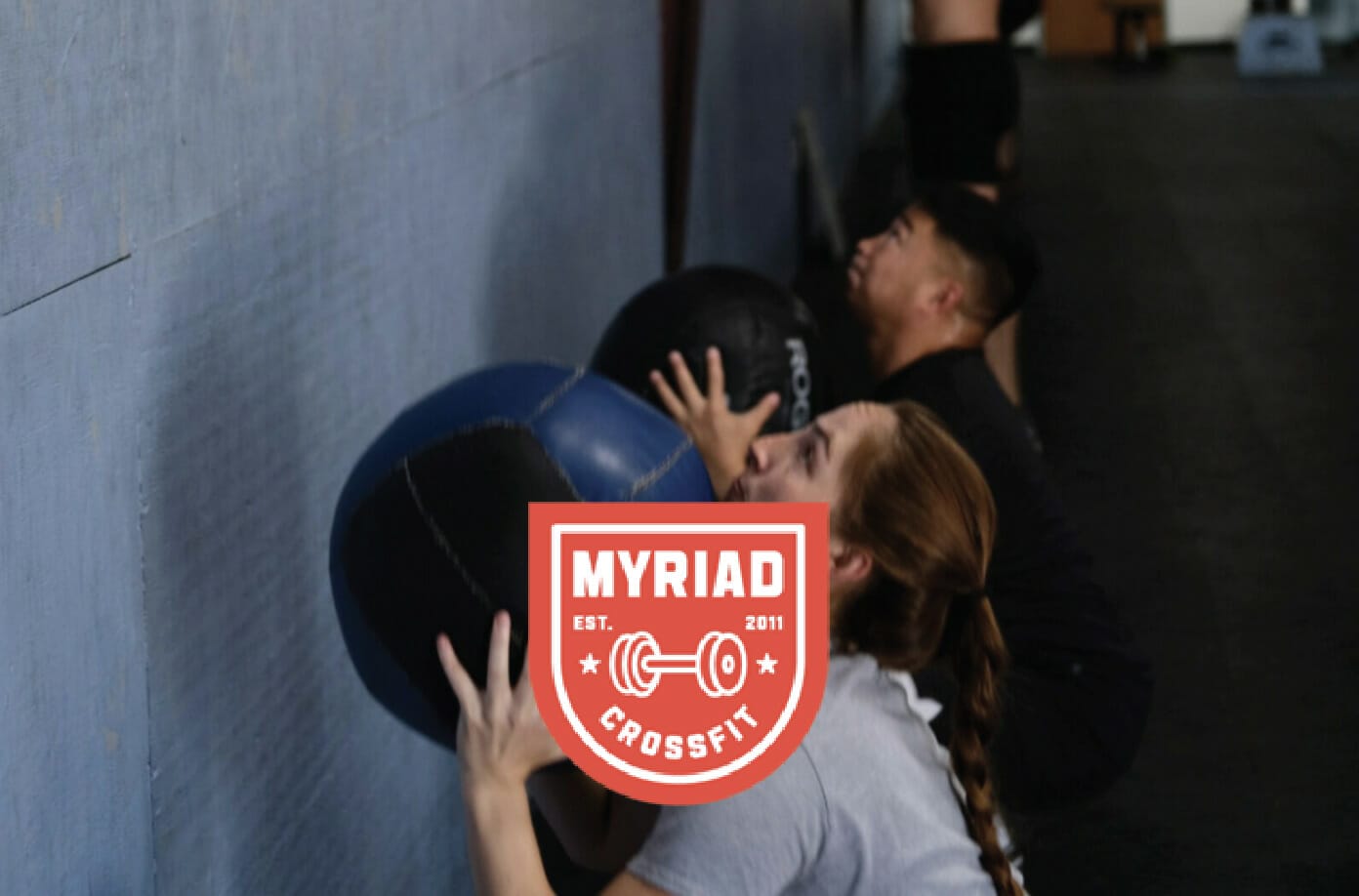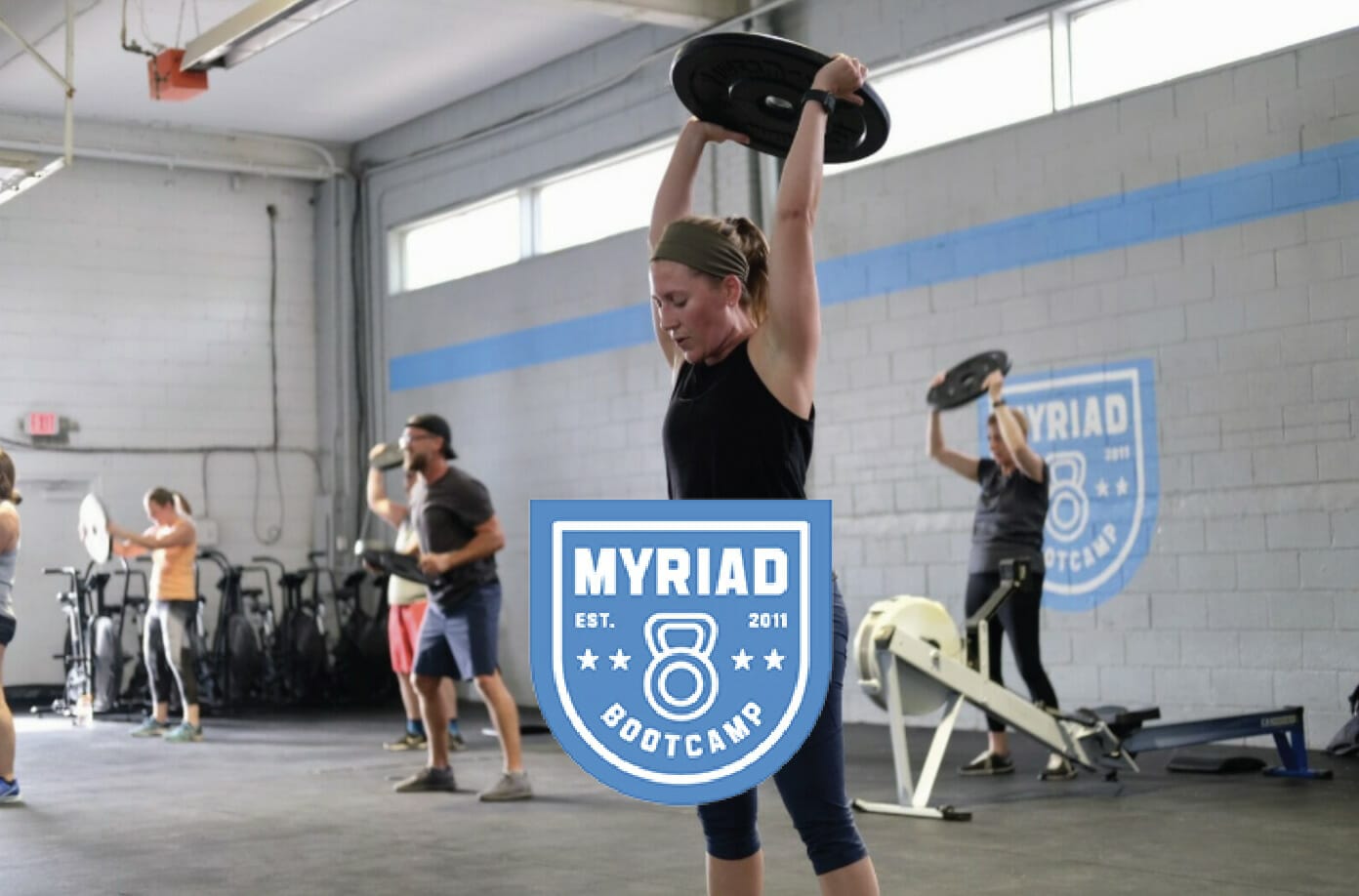Are you…
Getting started + loving movement is easy at the highest rated gym in Indianapolis, IN
It's true! Check out our Google Reviews to see what our Members have to say.
Fill out the form below to get started
Take the first step towards getting the results that you want
Core programs
Our members inspire us
Our #1 priority is helping our members achieve their goals.
Fill out the form below to get started
Take the first step towards getting the results that you want
01
Lauren C.
Highly recommend Myriad yoga. They have a variety of classes from easy flow to challenging. The instructors are incredibly creative and knowledgeable and go deep into the practice to make it more meaningful. Plus it's a small, well-run business that really cares about both the Myriad and surrounding.
02
Dan W.
I've been a part of bootcamp for several years and it's been a great part of staying healthy and fit for me. The classes are able to be scaled to any fitness level so is challenging (in a good way) for both new and regulars. Great way for working professionals to stay fit.
03
Justin D.
Myriad Weightlifting has been instrumental in my development as a Novice weightlifter. The members of the gym are welcoming of all talent levels, and the programming is fresh and keeps training exciting. Coaching staff has been top notch and communicative, as well as adapting to the needs of their athletes' if adjustments need to be made. If you have a competitive mindset, this is also the place for you! There are competitions throughout the year which are attended by athletes at the gym and are a great place to push yourself and show your skills. Overall if you are looking to learn a technically and mentally demanding skill, as well as improve as an athlete, this is the place for you.
04
Linda N.
Myriad is a warm, inviting place to work out. I am not an athlete but the coaches provide valuable assistance and guidance and make me feel comfortable. It's an environment that has helped me grow in my fitness. I love their nutritions program- and kids program as well! I highly recommend it!!
05
Keaton R.
Myriad almost ruined future CrossFit gyms for me, because there is no way that I will ever be able to find another gym that is as inclusive, team-building, and welcoming as the crew at Myriad. I can start by saying that I am from a place where I did not feel included, a part of the team, or welcome. I had that same expectation upon moving to Indianapolis. I wanted to–with tunnel vision–get through school and hurriedly move on to the next chapter, and I am eternally grateful that the coaches and fellow members here wouldn't let me. Myriad took this turtle out of his shell... or at least made it a little roomier, and I carry that with me today. If you want to get in to fitness but you are scared of being judged or if you feel that you could never "do that crazy stuff," I encourage you to sit down with one of the awesome coaches at Myriad to see what you might be missing. I don't know what I would've done for the last two years without my Myriad family, and they said the same thing to me.
06
Kinsey W.
I have loved integrating Myriad Yoga classes into my weekly routine! The studio and amazing instructors have created such a great sense of community and truly care about each individual that walks through the door. They have a wonderful variety of class offerings and special events too. It's a great place to grow your practice!
07
Lisa T.
Myriad Weightlifting is my happy place. It’s where I’m learning, growing stronger, and having loads of fun with wonderful people. Dan German’s coaching is top notch, whether I’m training at Myriad’s facility or remotely from home. Dan excels at creating effective programming, as well as providing cues and detailed explanations for improving technique. Myriad Weightlifting is for people who want to compete, as well as people who lift for fitness and strength. If you are interested in Olympic weightlifting, I wholeheartedly recommend Myriad Weightlifting!



